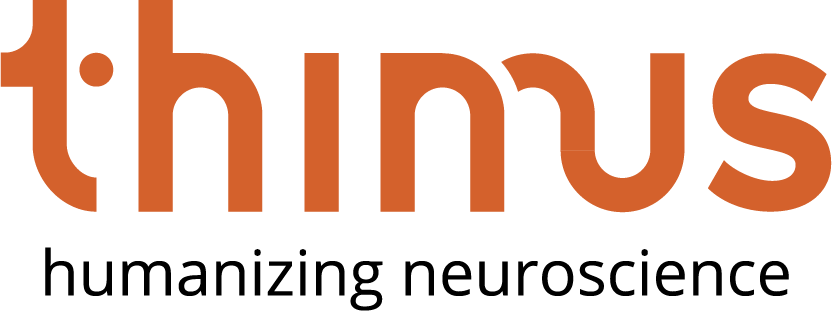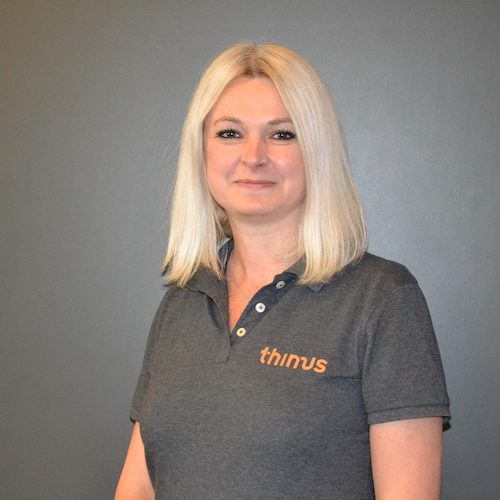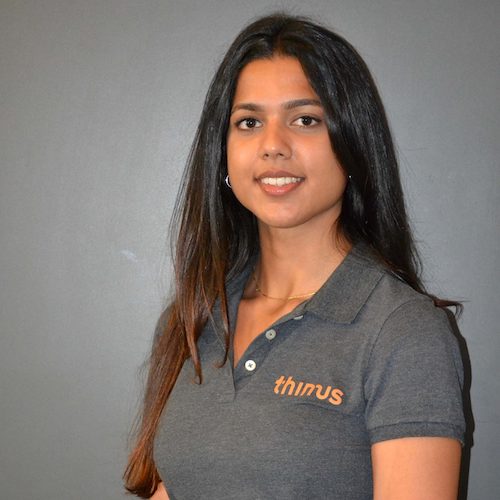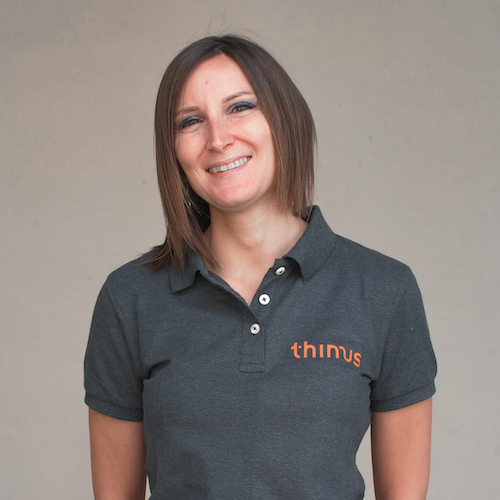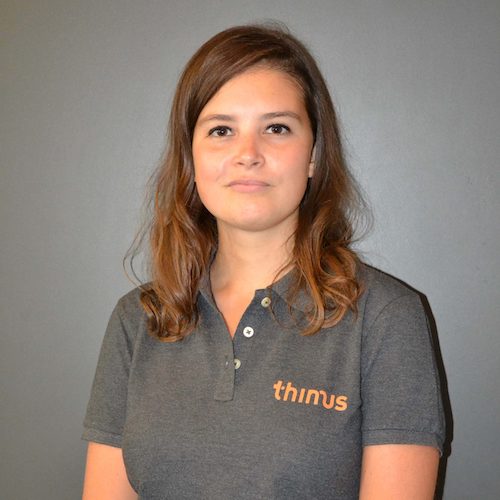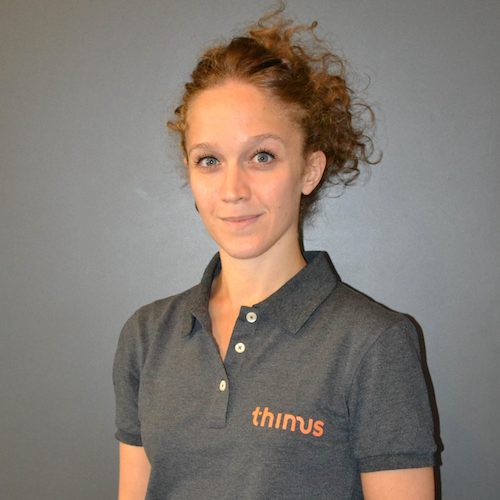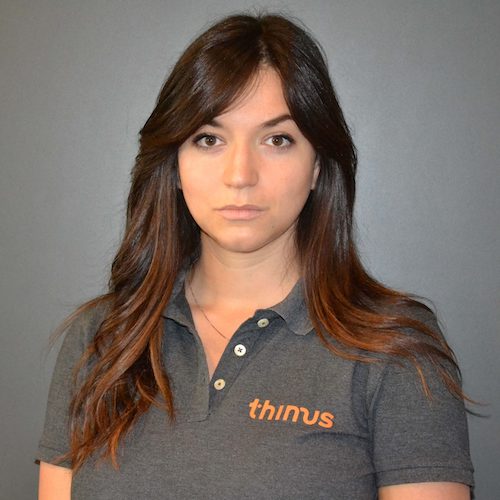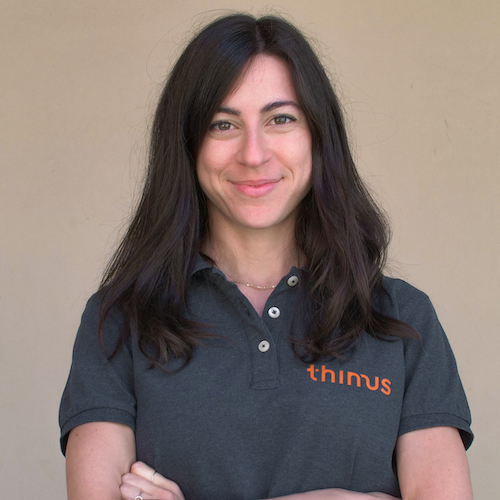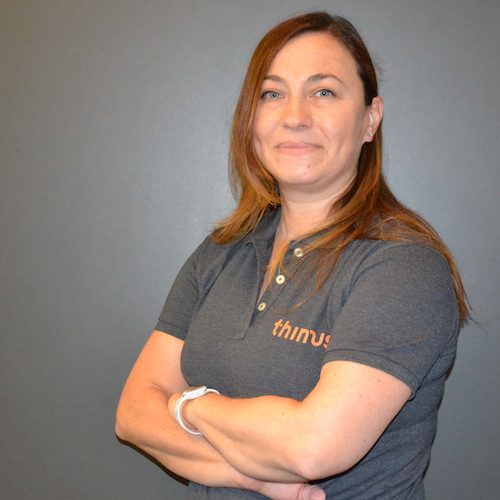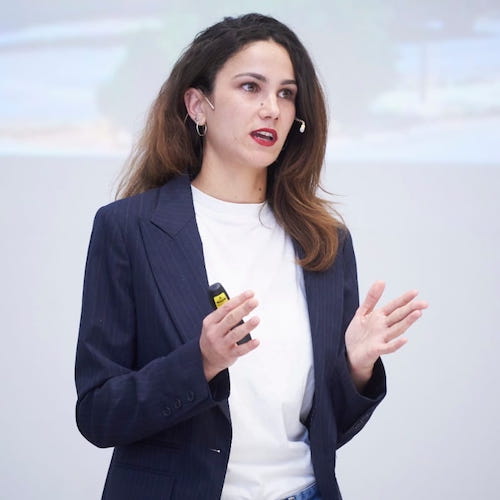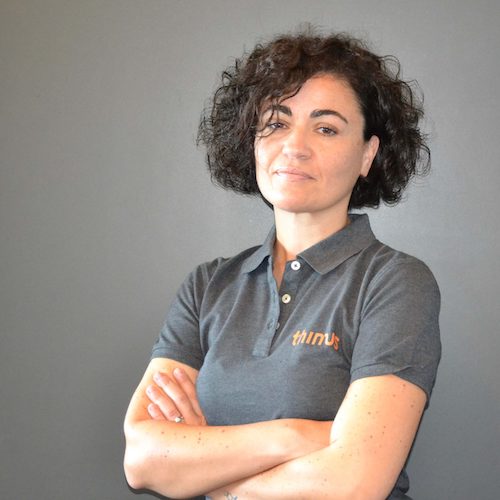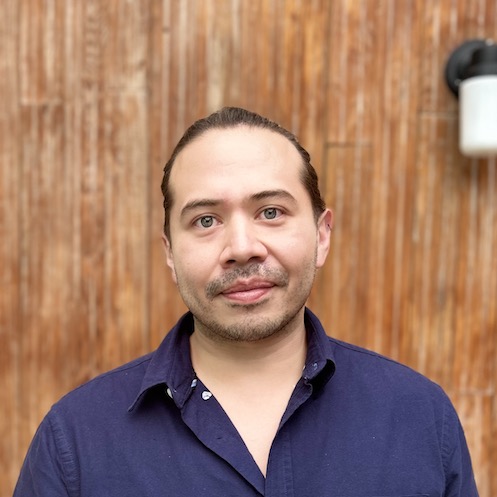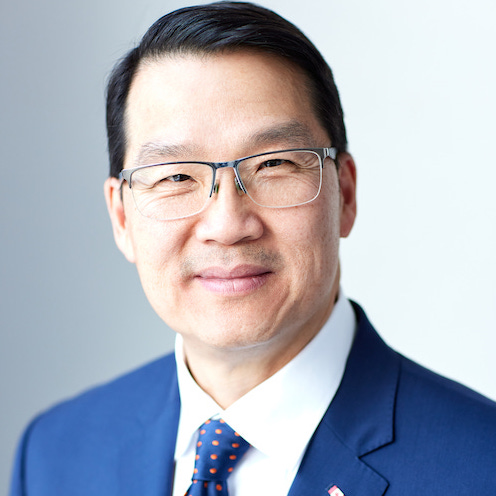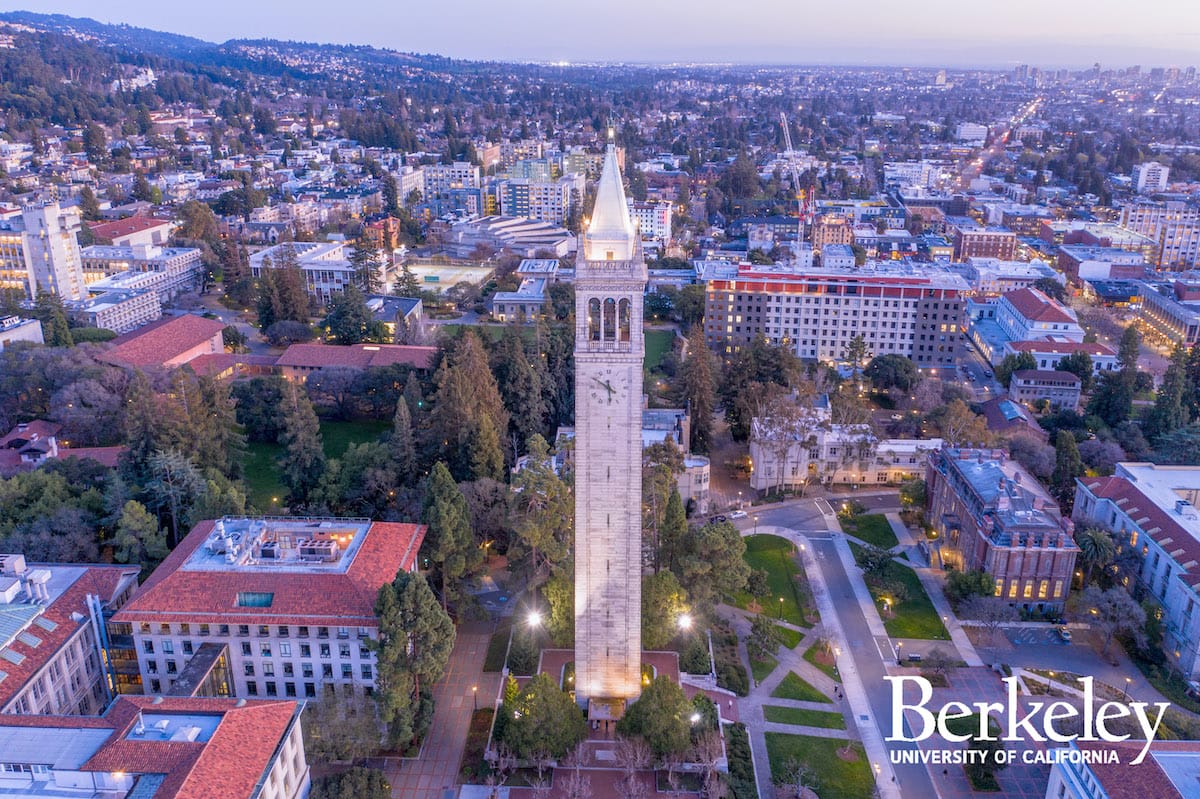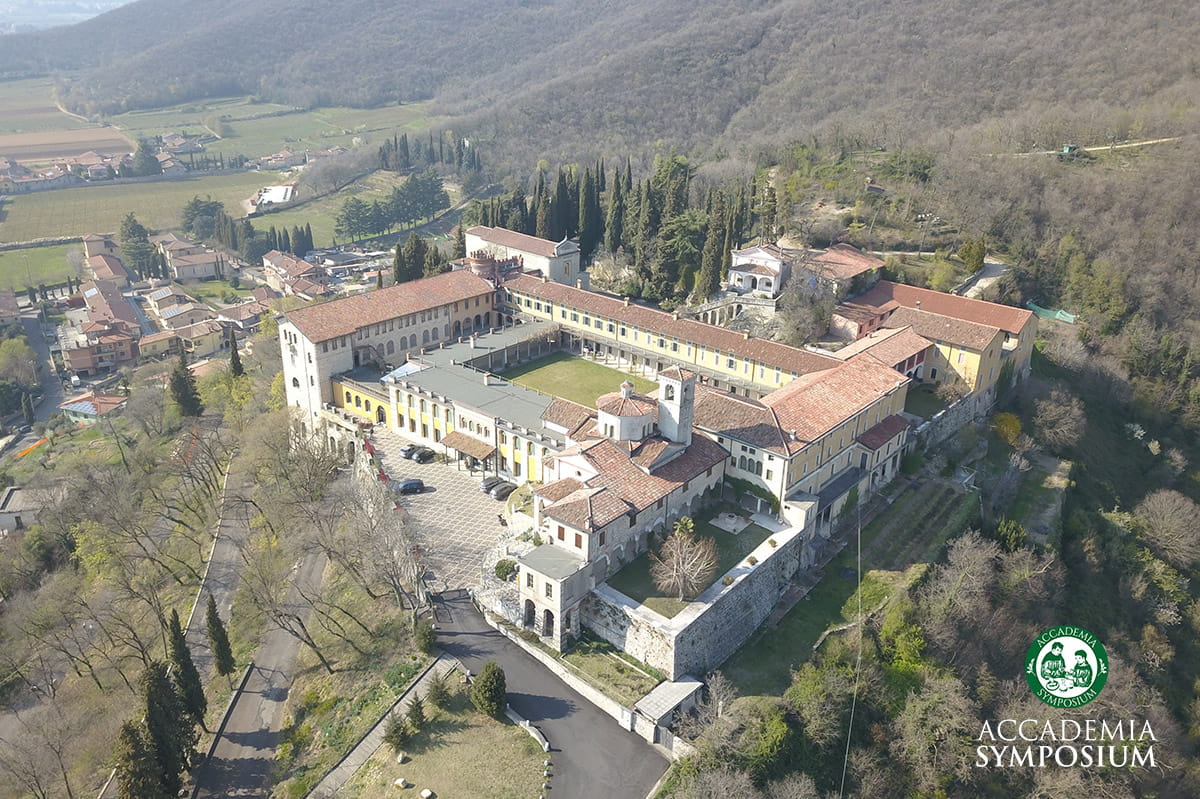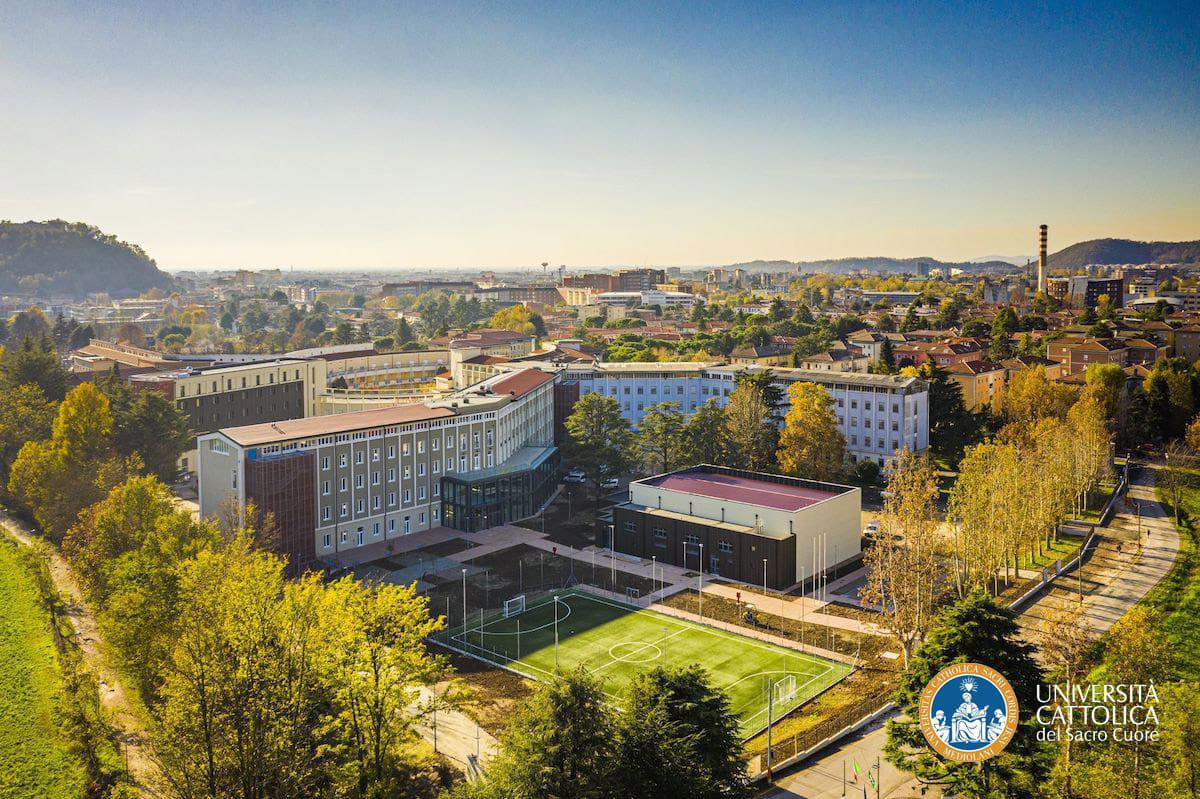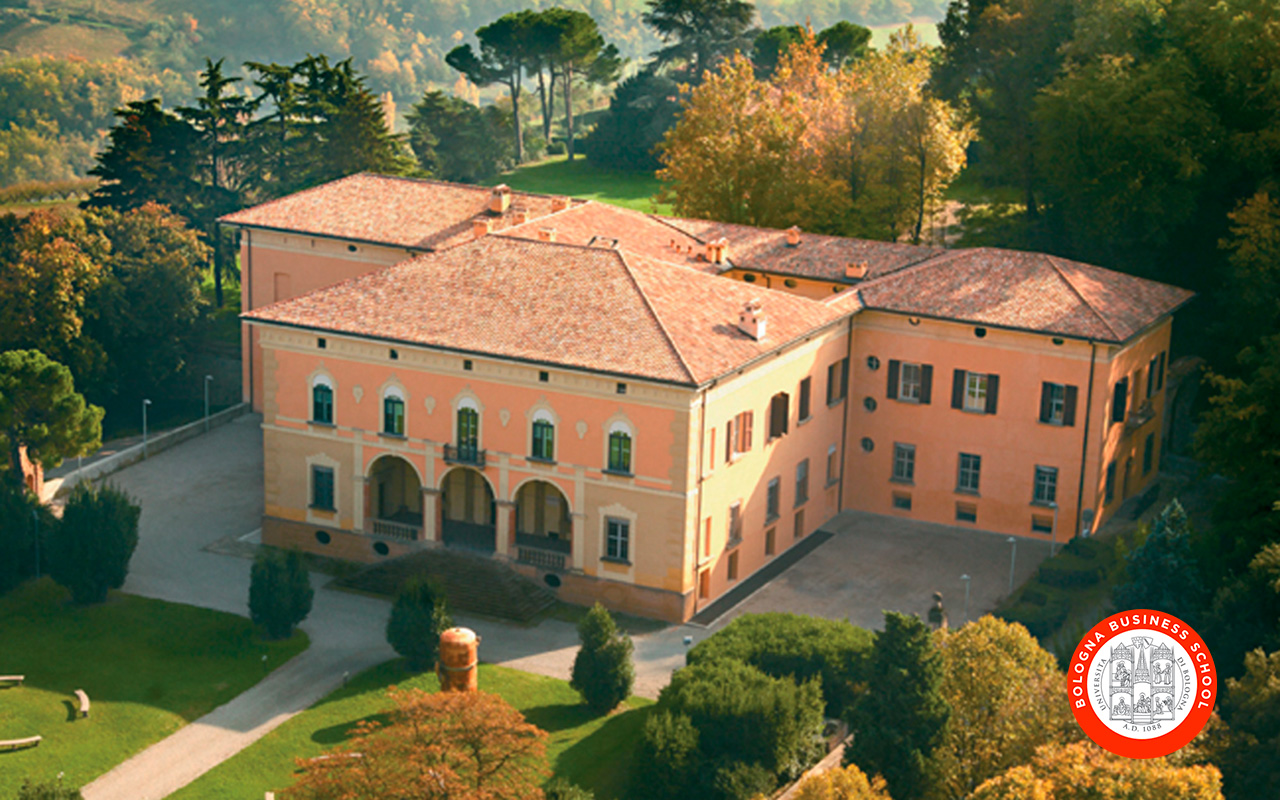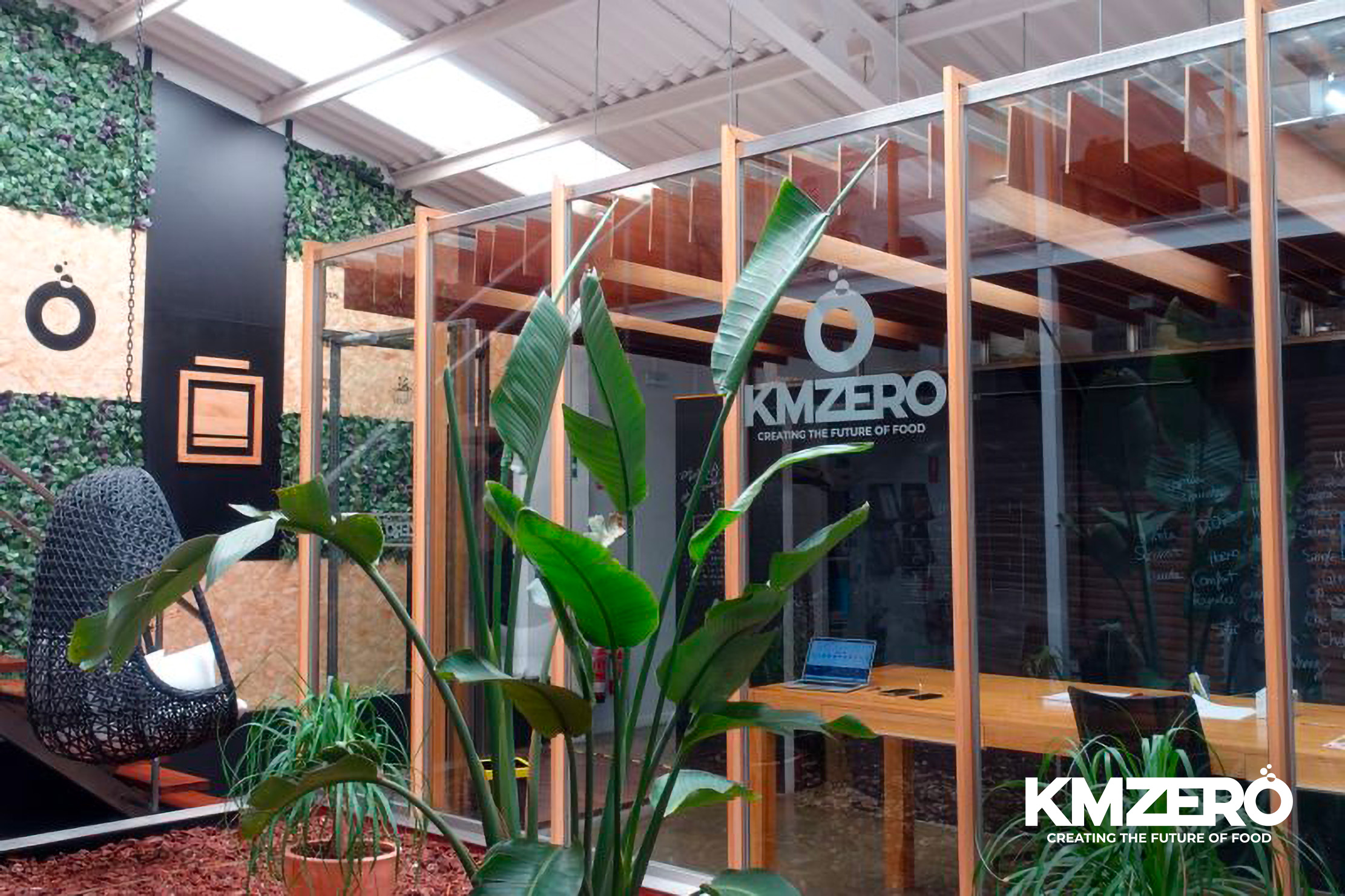
Our people and our values
The Thimus Manifesto
Our mission at Thimus is to responsibly demystify the complexities of human experience. By accurately understanding the emotions and experiences people have in association to the foods they eat, we can devise proactive, actionable plans to engage humans in the sustainable/regenerative food movement.
It no longer becomes a theoretical argument, but a practical and approachable one.
Our team
is composed of engineers, data analysts, psychologists, neuroscientists, business specialists, sensory analysis experts and gastronomists that aim at better understanding the complex relationship between brain, culture and behavior.
Education, Partnerships & Research
Our primary challenge is to connect the dots:
That is, to connect those invisible threads that by connecting neuroscience, ethnography, epigenetics, anthropology and psychology can give us a three-dimensional image of human experience.
That is why our journey is a continuous pilgrimage to destinations and people who help us learn, grow and work better. From these kernels of knowledge, each day, Thimus is enriched with ideas, methods, data and experiences, exponentially increasing our ability to find answers that were previously simply not within reach.
- Alternative Meats X-Lab, UC Berkeley
- Accademia Symposium
- Università Cattolica
- Bologna Business School
- Anima Project
- Km Zero Hub
A key location for the future of alternative proteins, UC Berkeley’s Alt: Meat Lab is a crossroads of knowledge and industrial applications, where Thimus plays an important role in the field of cultural neuroscience. Here we contribute to developing lines of corporate-derived research, thanks to the vast skills made available to us. And all of this through an original approach, which has seen us promote the kitchen as a place to reflect on food humanism and the food design of the future, showing how neuroscience can immediately give us an accurate image of the emotional quality of our encounter with food.
Among the many cultural and spiritual places that could embody the sense of the human-centric approach to food, the Accademia Symposium is certainly among the most evocative. Housed inside the Franciscan Convent of Rodengo Saiano, whose original core dates back to the sixteenth century, the Academy is a place of teaching, but also of work and transformation of ingredients, of cultural reflection and a strong sense of the past and a desire for a balanced future. In this Academy, Thimus tasted the flavor of “wanting to do good” and instantly harmonized with the aims of this magical place. We will, therefore, offer educational modules on neuroscience and food, opportunities for public debate, summer schools and events for our Partners and Clients, also making this special place a center for research and experimentation.
Since 2017, Thimus has been an entrepreneurial partner of the Environmental Higher Education Institution of the Università Cattolica del Sacro Cuore. Thanks to this exchange and research relationship, we have supported two PhDs and expounded our vocation for sustainable business in conferences and academic events. Our CEO, Mario Ubiali, is also an external lecturer both at the ASA Master’s and at the degree course in Education Science. This kind of collaboration helps Thimus grow from a cultural perspective and offers inspiration on the themes of social, human and environmental sustainability. By hosting internships, teaching and mixing research teams, Thimus and Università Cattolica advance the debate and training on issues of fundamental entrepreneurial transformation, opening up new frontiers in the Italian debate.
The Bologna Business School is one of the top academic partners that Thimus collaborates with. Our multidisciplinary team will be instructing students attending the Master’s degree in Marketing Management starting from the academic year 2022-2023. The aim of the Neurosciences Applied to Marketing course is to give students a thorough grasp of how cultural neuroscience may be applied to marketing, with a focus on Channel and Retail Management in particular.
The Budapest-based Anima Project is a test kitchen that was created by José Guerrero and Fanni Molnar, who have been working on gastronomy-related research and development for many years. Driven by a common vision, ANIMA and Thimus have established a strong partnership. As an example, through this partnership, they have developed a significant research project on alternative proteins, from which a service model has emerged that aims to directly contribute to the creation of future food.
Since 2021, Thimus has been collaborating with Km Zero Hub, an organization that conducts research on future trends in the food industry, with a focus on the Spanish and South American markets.
Km Zero and Thimus have joined forces on an initiative called “Humanizing Food Innovation”, a multidisciplinary approach in which they are conducting extensive research on food-related topics and technological advancements in the food system.
The goal of this collaboration is that of sharing the results of their multi-disciplinary research with different stakeholders, in a series of different events, with the aim of disseminating the collaboration and its research framework.
Sustainability
At Thimus we believe sustainability is better practiced than preached. We support our partner’s sustainability values on the factory floors.
While the implementation of our multidisciplinary approach at Thimus is endless, the ethical and responsible application of science to industry is central to our vision for the future. For this reason, we consider our efforts to promote and enable a sustainable food system with an underlying sense of both importance and urgency. From the economic perspective, we:
- Aid businesses reach outstanding quality standards faster (Reformulation)
- Provide effective methods for product research with less operational cost
- Accompany companies in finding efficient alternatives for technological development (operational reconfiguration)
- Bring alternatives to future-proofing regional food systems by building viable sustainable solutions
We work hard to ensure environmental performance in our operations, and by using cultural neuroscience with a robust sustainability and bioregional framework we can:
- Understand in depth the environmental implications of regional food systems
- Provide our partners and clients with reduced GHG emissions by shortening their supply chains
- Reduce our partner’s material footprint by lowering redundancy in trials and the use of superfluous materials
